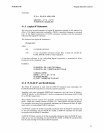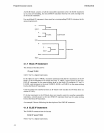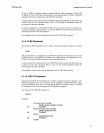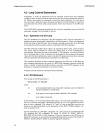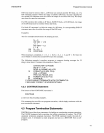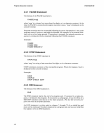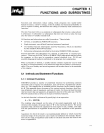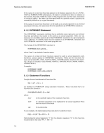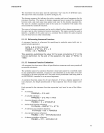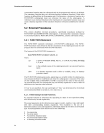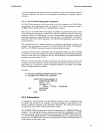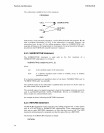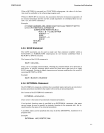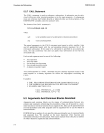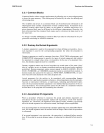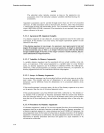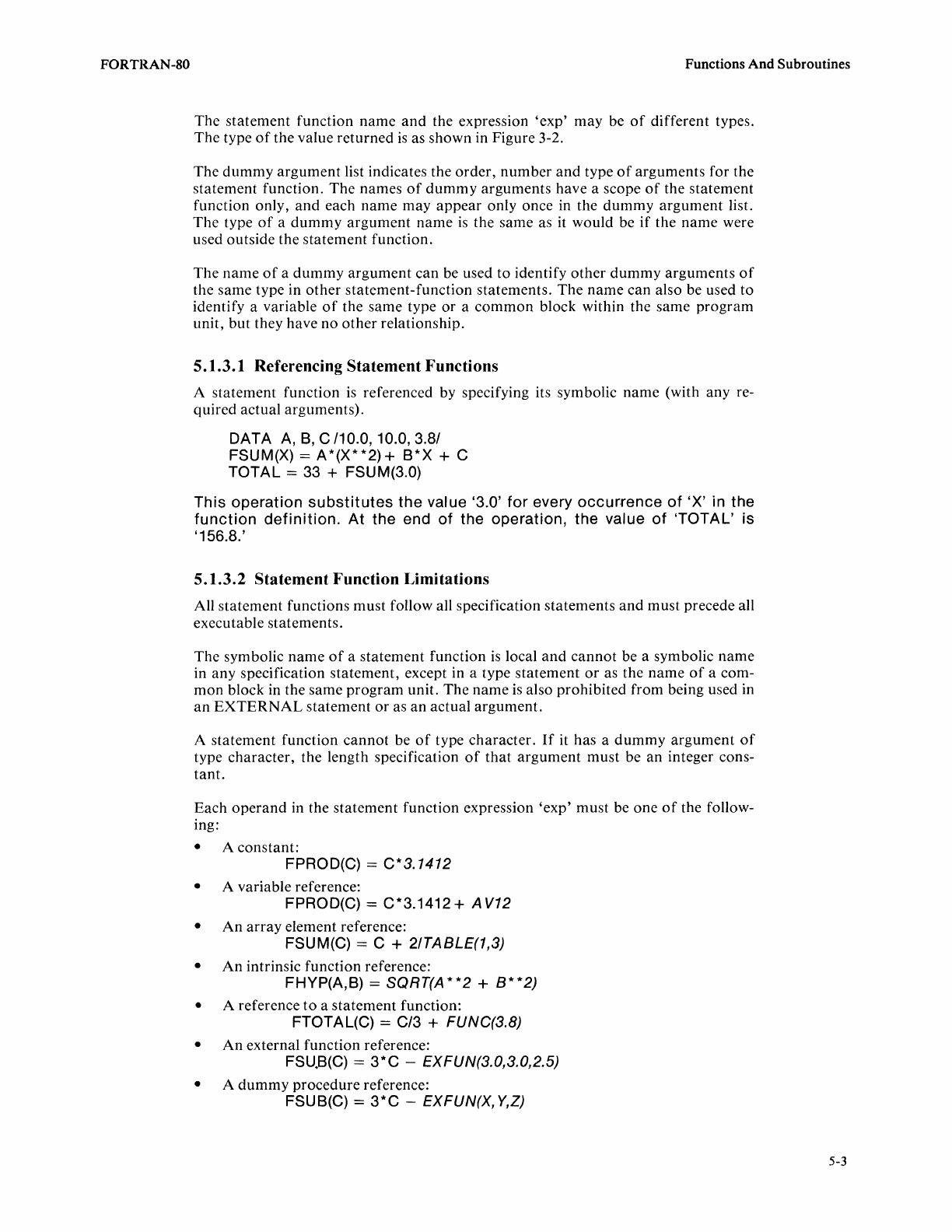
FORTRAN-80
Functions And Subroutines
The
statement
function
name
and
the expression
'exp'
may
be
of
different types.
The
type
of
the value
returned
is
as shown in Figure 3-2.
The
dummy
argument
list indicates the
order,
number
and
type
of
arguments for the
statement function.
The
names
of
dummy
arguments have a scope
of
the statement
function only,
and
each
name
may
appear
only once in the
dummy
argument
list.
The
type
of
a
dummy
argument
name
is
the same as it would be
if
the
name
were
used outside the
statement
function.
The
name
of
a
dummy
argument
can
be used
to
identify
other
dummy
arguments
of
the same type in
other
statement-function
statements.
The
name
can also be used to
identify a variable
of
the same type
or
a
common
block within the same
program
unit, but they have no
other
relationship.
5.1.3.1 Referencing Statement Functions
A statement function
is
referenced by specifying its symbolic
name
(with any re-
quired actual arguments).
DATA A,
B,
C
110.0,
10.0,
3.81
FSUM(X) = A *(X* *2) +
B*X
+ C
TOTAL
= 33 + FSUM(3.0)
This
operation
substitutes
the
value '3.0'
for
every
occurrence
of
'X' in the
function
definition.
At
the
end
of
the
operation,
the
value
of
'TOTAL' is
'156.8.'
5.1.3.2 Statement Function Limitations
All statement functions must follow all specification statements
and
must precede all
executable statements.
The symbolic
name
of
a statement function
is
local
and
cannot
be a symbolic
name
in
any
specification statement, except in a type statement
or
as the
name
of
a com-
mon
block in the same
program
unit.
The
name
is
also prohibited from being used in
an
EXTERNAL
statement
or
as
an
actual
argument.
A statement function
cannot
be
of
type
character.
If
it has a
dummy
argument
of
type character, the length specification
of
that
argument
must
be
an
integer cons-
tant.
Each
operand
in the statement function expression
'exp'
must
be one
of
the follow-
ing:
• A
constant:
FPROD(C) = C*3.1412
• A variable reference:
FPROD(C)
=
C*3.1412+
AV12
•
An
array
element reference:
FSUM(C) = C +
2ITABLE(1,3)
•
An
intrinsic function reference:
FHVP(A,B)
= SQRT(A * *2 +
B*
*2)
• A reference
to
a
statement
function:
FTOTAL(C)
=
C/3
+
FUNC(3.8)
•
An
external function reference:
FSU.B(C)
=
3*C
- EXFUN(3.
0,
3.
0,2. 5)
• A
dummy
procedure
reference:
FSUB(C) =
3*C
- EXFUN(X, Y,Z)
5-3



